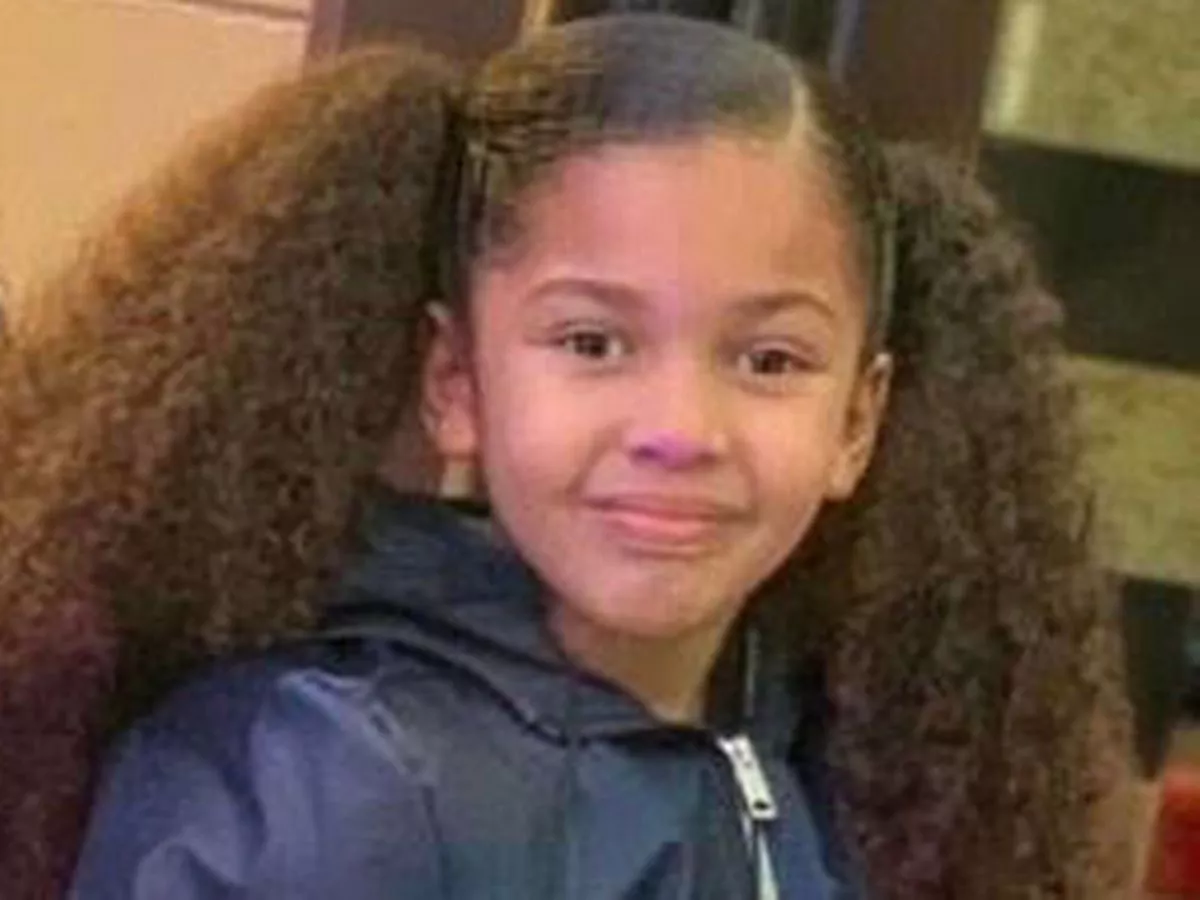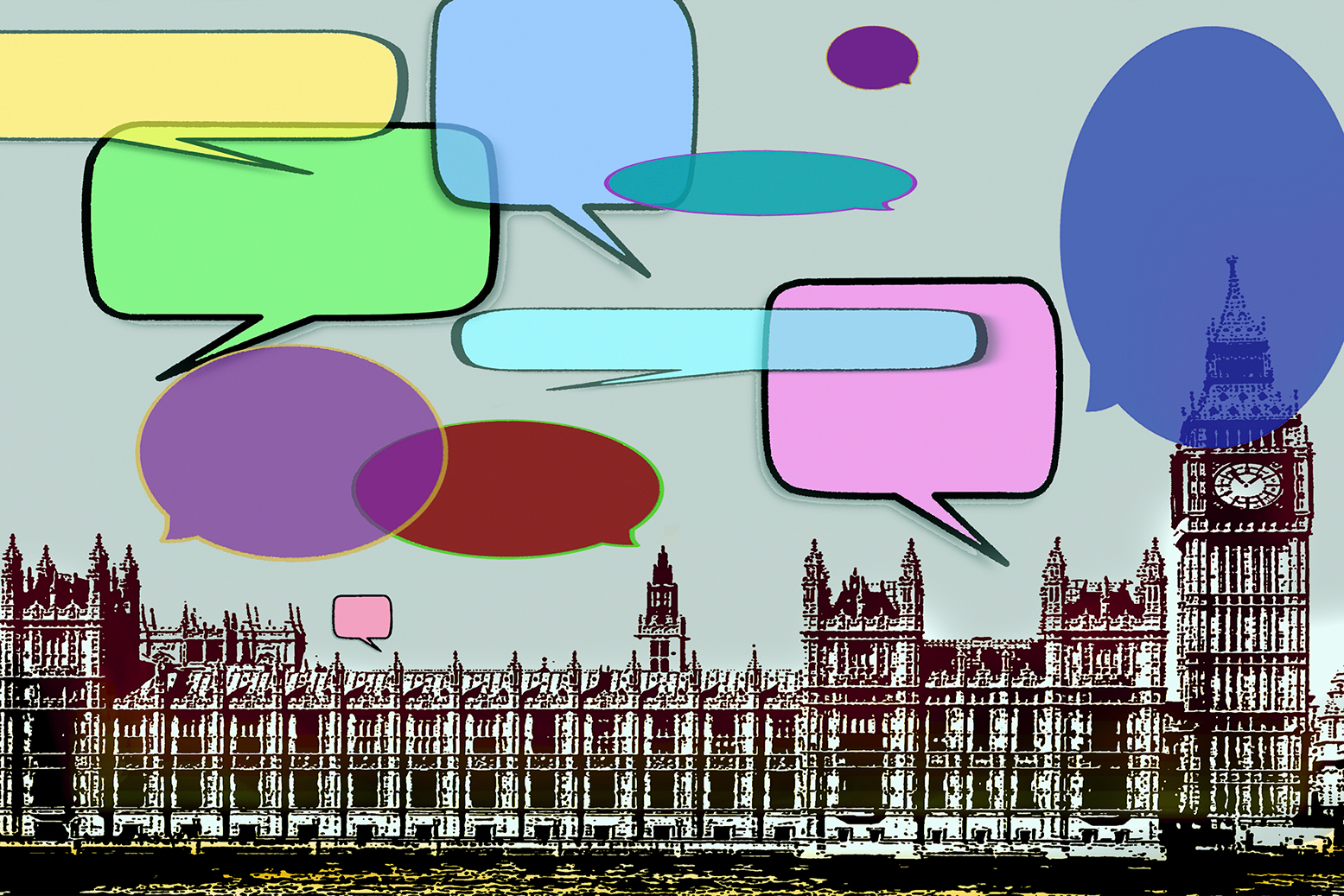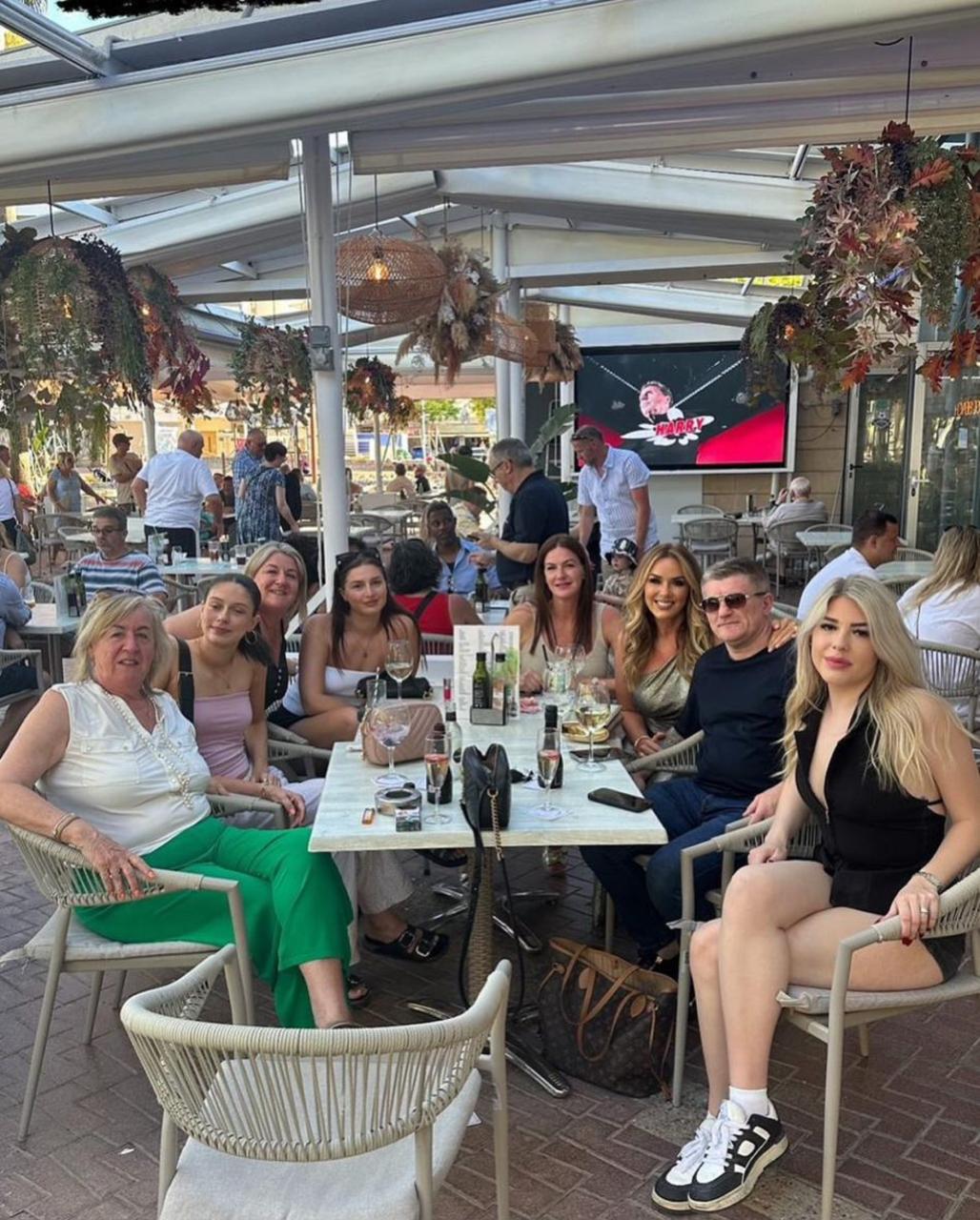By Shannon Miller
Copyright mirror

From the classroom to offices and even on TV, Afro hair is often underrepresented – or worse, policed. Whether it’s being referred to as ‘unprofessional’ or ‘messy’ , the message to change your hair to suit eurocentric beauty standards is often internalised from a young age. The University of Cambridge found that 98% of Black Britons said they felt compelled to compromise who they were in the workplace, including their hairstyle and 93% of Black people in the UK have faced an negative comment about their afro hair. Unfortunately, 10 year old Nevaeh has internalised this bias against Afro hair. She prefers to hide her Afro in a bun and when she compares it to her sister’s looser curls, she’d trade it in a heartbeat. “I don’t really like to wear my hair out” Nevaeh told the Mirror , “its too big, too puffy. When it’s straight, I feel more confident.” Just 17% of children books published in the UK featured a non-white character and only 7% had those as main characters, reports A Centre For Literacy in Primary Education (CLPE) That invisibility feeds into a deeper message – that your race, hair or identity doesn’t belong at the centre, it’s no wonder they start to shrink themselves – even before anyone tells them to. Zina Alfa, 32, had a similar experience to Nevaeh. The lack of representation of people who had hair like her, and the internalised shame from negative experiences around her hair pushed her to launch a petition to ban hair discrimination in the UK. “I remember watching adverts and not seeing anyone who looked like me, even down to the dolls I had growing up – they all had straight hair, I started to believe that’s what pretty is,” she told the Mirror. “If all you ever see on TV is girls with straight hair getting praised, it’s hard not to internalise that,” she said. “We act like children don’t know these things, but they do, and it shapes them before we even realise what’s happening.” Zina is determined to protect future generations of children with Afro hair with her petition. The petition has now gained over 97,000 verified signatures calling for hair discrimination to be taken seriously – and explicitly banned in the 2010 Equality act. The University of Reading and TRIYBE , a forward thinking organisation explains how Afro hair discrimination can impact mental health and therefore, urgently needs recognition in academic, healthcare and community spaces. For more stories like this subscribe to our weekly newsletter, The Weekly Gulp , for a curated roundup of trending stories, poignant interviews, and viral lifestyle picks from The Mirror’s Audience U35 team delivered straight to your inbox. “As a young Black heritage male, it’s become clear to me that the impact of hair-based experiences is particularly pronounced in spaces where Black heritage individuals are underrepresented, such as many UK universities and professional spaces,” community research at TRIYBE Tyler said. “In these environments, both students and staff often feel isolated or misunderstood when it comes to their experiences with hair.” These experiences show that the toll of hair bias isn’t always loud or obvious. Often, it builds quietly, chipping away at confidence until culture itself begins to feel like a burden, long before a person even knows the name for it. That’s why World Afro Day exists: a global day of celebration and liberation for Afro hair. By partnering with organisations and creating events, tools, and training, it empowers people with Afro hair while equipping everyone to be part of the change, helping children like Nevaeh grow up feeling proud, not pressured. Help us improve our content by completing the survey below. We’d love to hear from you!



